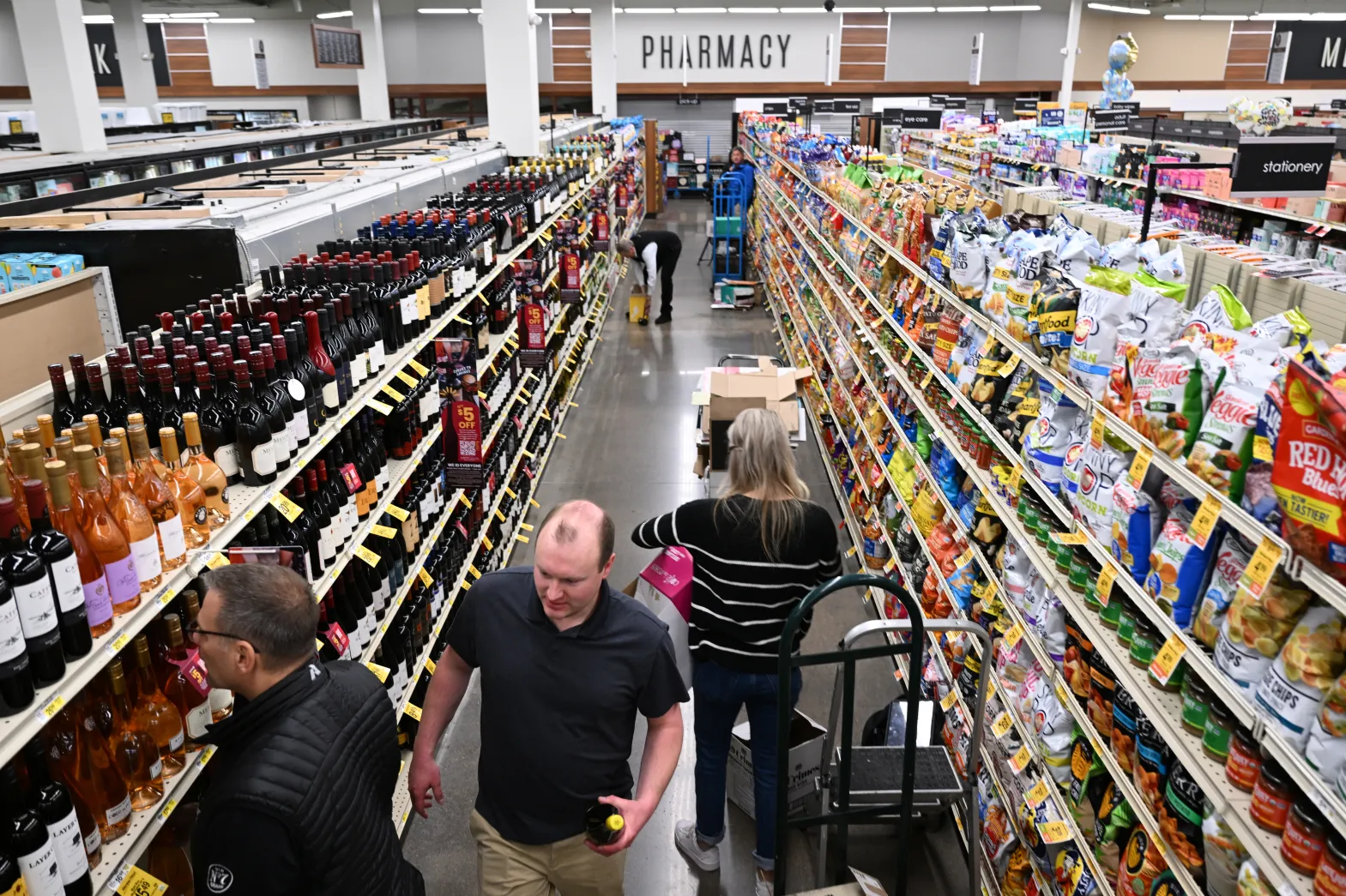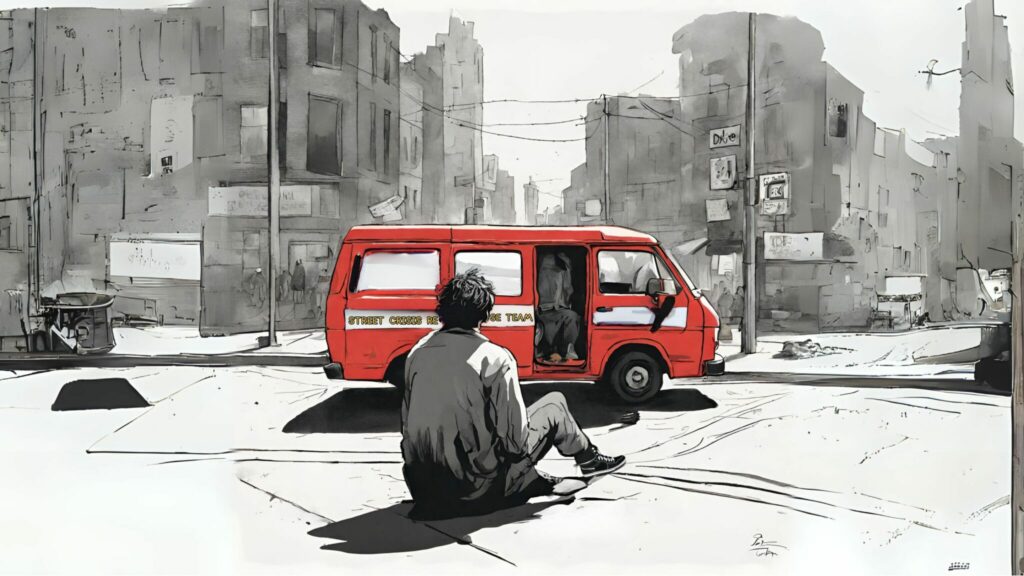Beer and wine became more widely available in Colorado even as drinking deaths rose

The Denver Post by Meg Wingerter, January 4, 2024: Alcohol is socially acceptable and can be hard to avoid for people in recovery. Five years ago, a workgroup tasked with finding ways to reduce Colorado’s rate of drinking-related deaths — among the highest in the country — issued a simple recommendation: cut back on when and where people can buy alcohol.
Since then, however, the state has only expanded access to alcohol, and may do so again when the legislature reconvenes.
Coloradans voted in 2022 to allow grocery stores to sell wine, three years after they authorized full-strength beer on the shelves. Ahead of the 2024 session, the state’s Liquor Advisory Group recommended lawmakers extend the hours customers can drink at Colorado bars and restaurants by creating a “soft last call,” where final orders must be placed by 2 a.m., but people have until 4 a.m. to finish their drinks.
Changing liquor laws is difficult, but with all of the major parts of the industry backing the soft last call concept, it could be successful in the legislature, said Rep. Marc Snyder, a Colorado Springs Democrat and chair of the committee that regulates alcohol. In 2022, Snyder introduced a bill to extend the hours when alcohol could be sold in the hope that bar-goers would be less likely to get into fights if they could disperse more gradually, but it died in a different committee.
Colorado voters’ expansion of access to beer and wine came as the gradual rise in the state’s already high rate of alcohol deaths was accelerating, said Dr. Bill Burman, former director of the Public Health Institute at Denver Health.
The number of Coloradans killed by alcohol jumped more than 60% between 2018 and 2021, before dropping slightly in 2022. When researchers include people who died of chronic health conditions caused or worsened by drinking, alcohol killed more Coloradans than opioids.
“We have done things that probably made it worse, and nothing that has made it better,” Burman said.
The Denver Post is examining Colorado’s high rate of alcohol-related deaths and the state’s hesitation to take steps that could reduce fatalities. This is the third story in a four-part series, looking at how curtailing access to alcohol could limit deaths and what the areas of the state with the highest density of bars and liquor stores are doing to change their drinking cultures. The series also is reviewing barriers to treatment and how tax policy could reduce mortality.
Read more from The Denver Post here.




